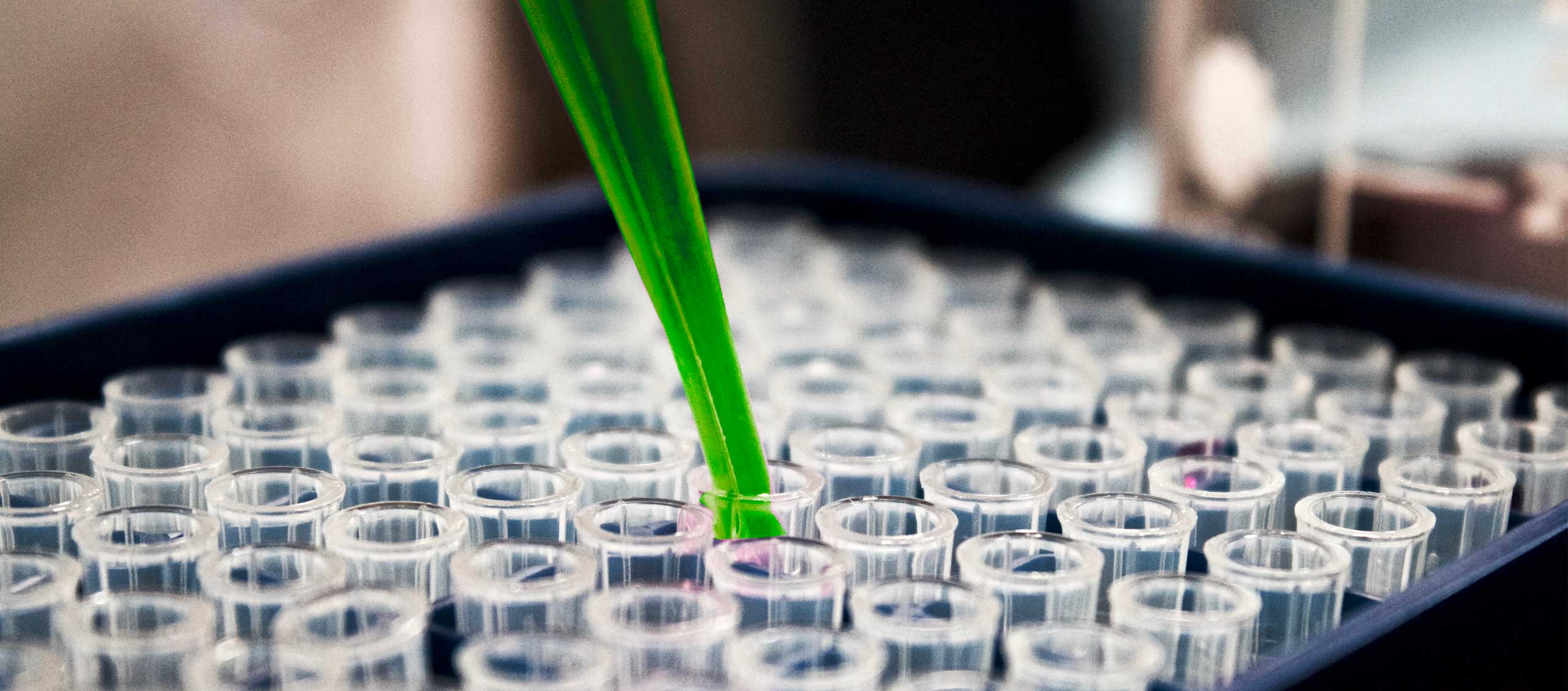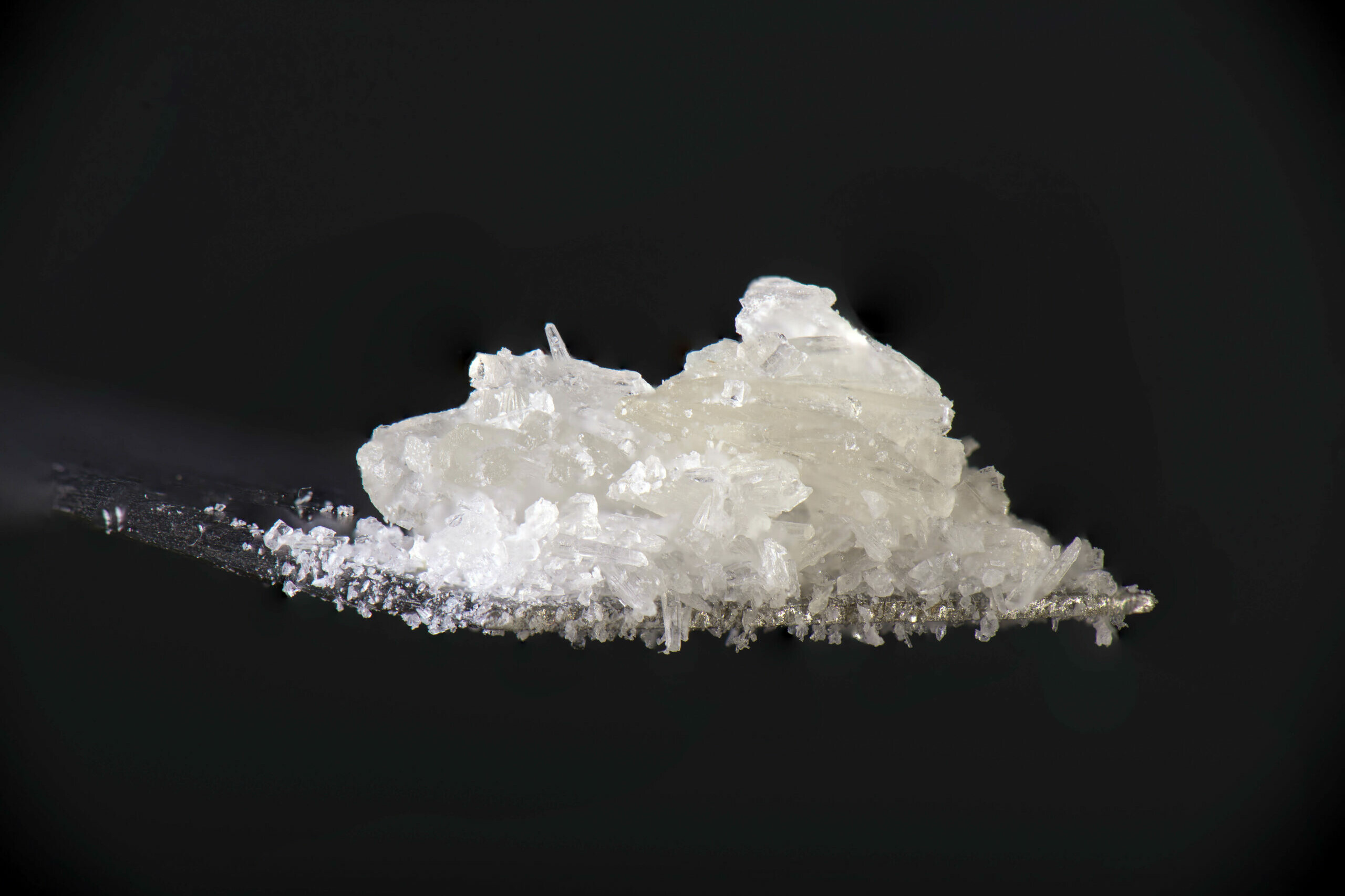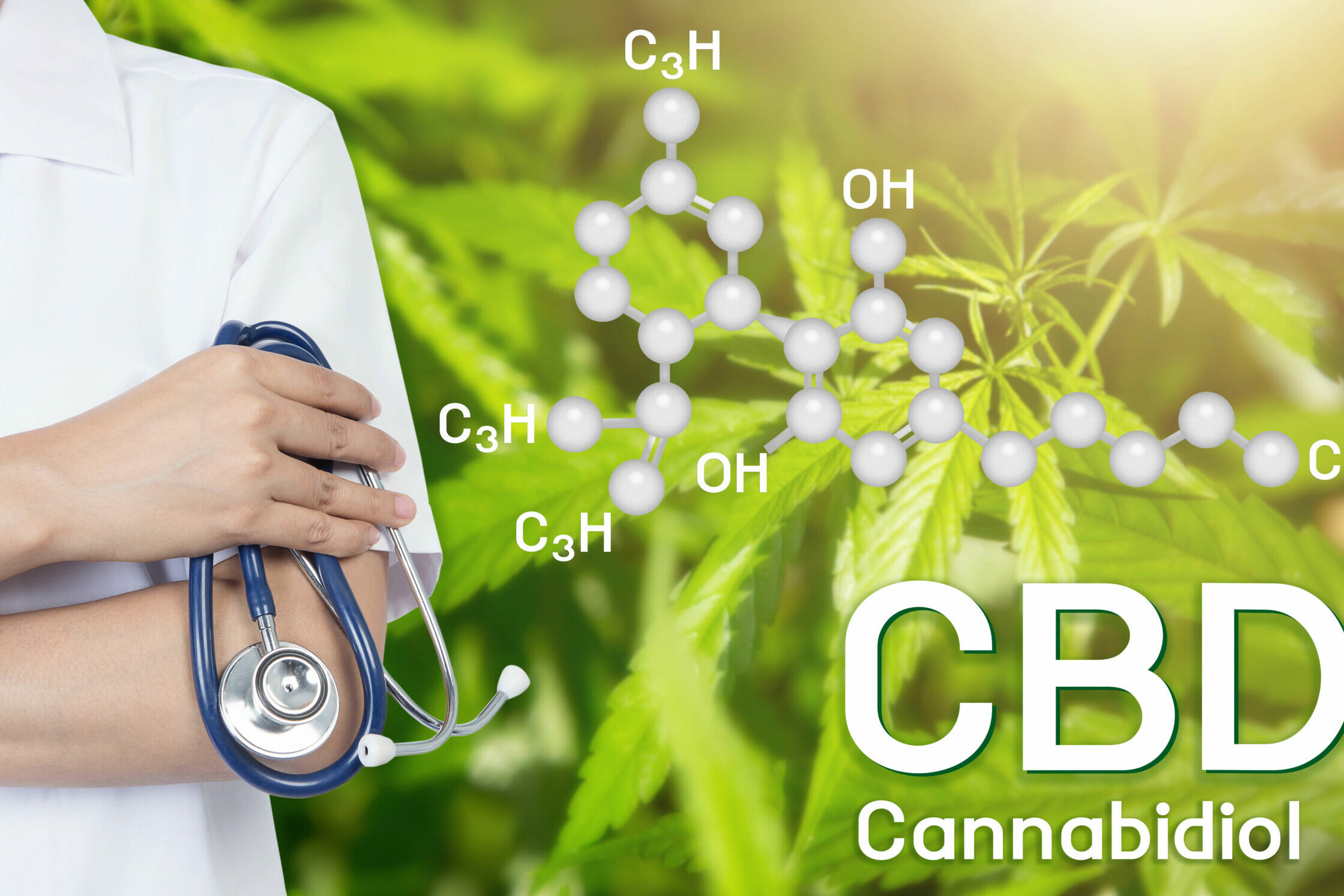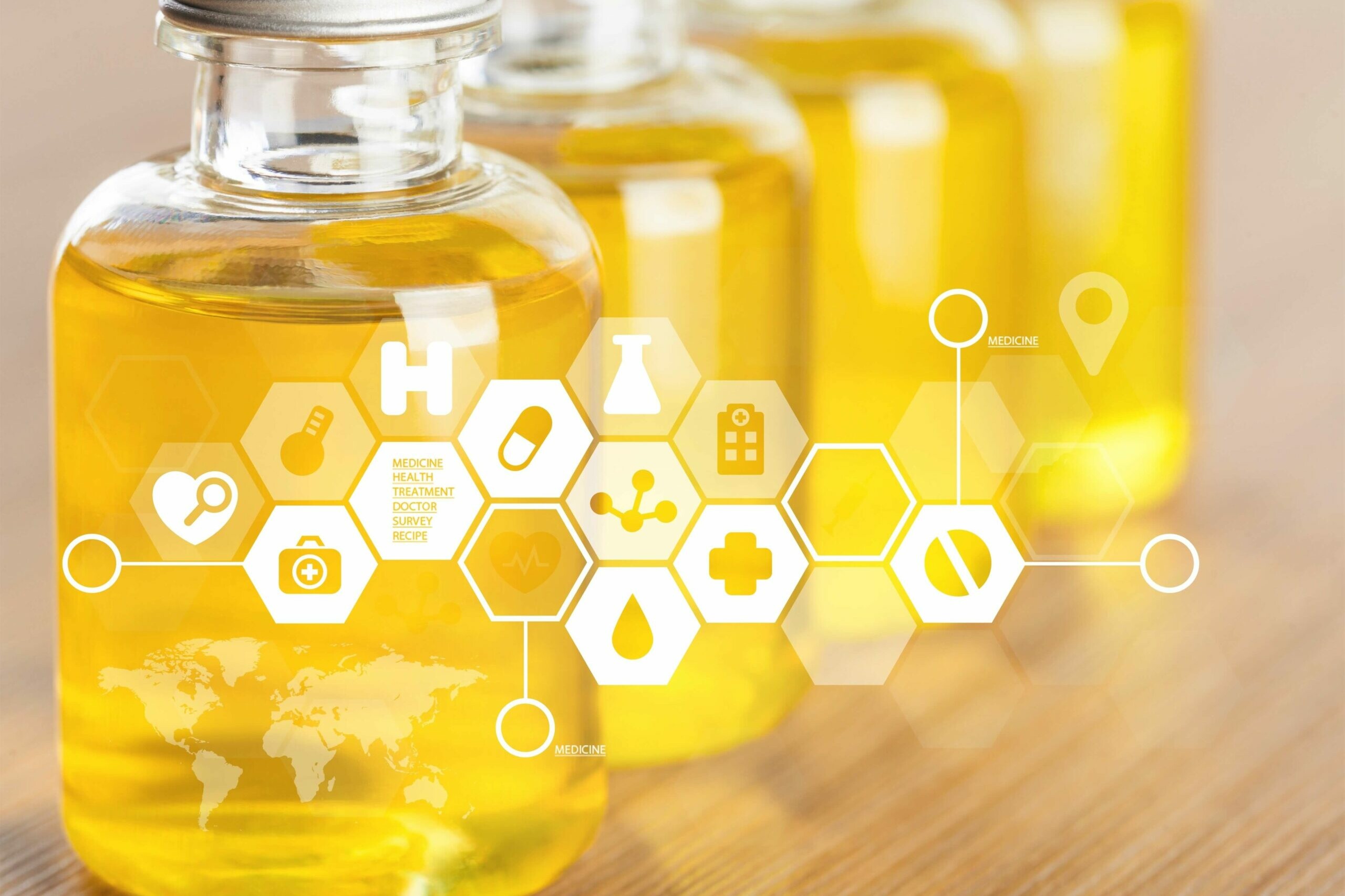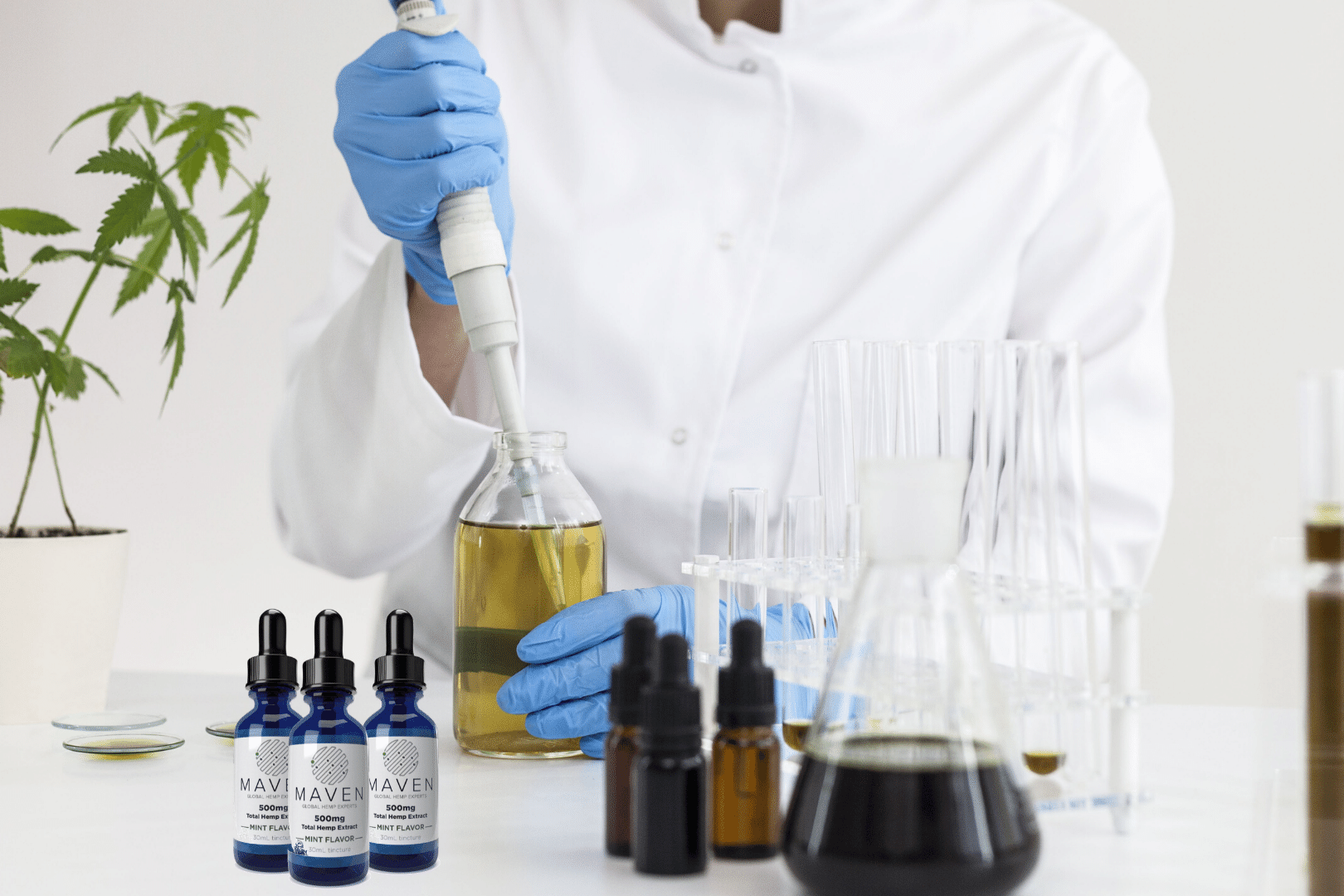CBD Oil and Hemp Extracts: Uses, Health Benefits, and Risks
You’ve probably heard a lot about CBD hemp oil and hemp extracts in the news lately. If you’re curious about what these products are, why they are suddenly popping up everywhere, and if there are any risks, you’ve come to the right place. In this article, we’ll talk about the uses, benefits, and risks of using CBD products.
Historical CBD Use
Cannabis, the plant, has been used by people for thousands of years. As technology advances, we’ve been able to extract the oils from this plant. The extraction process gives us an oil containing more of the active ingredients we want. The two most studied chemicals from the cannabis plant are cannabidiol (CBD) and tetrahydrocannabinol (THC). Unlike THC, CBD isn’t psychoactive (it doesn’t get you high) and is better suited for more people to use. [1]
FDA Approved CBD and CBD-like Products
Research has shown that CBD works for seizures, anorexia, and nausea. In fact, the FDA has approved both natural extracts and synthetic versions of CBD to treat these symptoms. [2] People who benefit from these drugs include those who suffer from a rare form of epilepsy and cancer patients who need help with managing chemotherapy side effects.
Other Promising Uses for CBD Oils and Hemp Extracts
For the everyday or casual user, CBD may help with a host of other issues and symptoms. The FDA requires more clinical studies proving efficacy for these other uses before they will approve CBD for these uses. However, anecdotal evidence reveals that CBD may help with anxiety insomnia, pain, depression, and inflammation. [3] Since these symptoms are associated with a variety of conditions, CBD is promising in its potential to give people a better quality of life.
Potential Health Benefits of CBD
If you suffer from chronic conditions, such as fibromyalgia or inflammatory bowel disease, you know how difficult it can be to get through the day. While CBD won’t address the cause of the disease, it may help with managing pain and decreasing inflammation, so that you can concentrate on work, spend more time with the kids, and enjoy life a bit more.
While there are no current clinical studies published regarding CBD and PMS, some doctors are investigating the use of CBD to help with PMS. Not the actual hormonal cause of it, but the annoying symptoms like headaches and cramping. Being able to get through that time of the month can help with productivity, motivation, and even mood. While conventional ways of treating PMS involve more hormones (like taking birth control pills) and OTC painkillers, CBD is a hormone-free alternative.
Risks: Synthetic CBD
One thing to be aware of when buying CBD products is the addition of synthetic cannabinoids. Natural CBD oil from the hemp plant is non-intoxicating and can be taken for long periods of time, even at higher doses. [4] Synthetic cannabinoids, however, are dangerous and sometimes life-threatening. [5] When purchasing CBD products, make sure to read the labels and to ensure the product has been tested and certified by a third-party lab. This ensures that the CBD oil has been tested by someone who is unbiased and objective.
CBD hemp oil and hemp extracts are promising solutions for chronic conditions and disruptive symptoms. Since this is new territory for the government and the FDA, it opens up a lot of doors for unethical people to make a buck or two. To protect yourself and reap the full benefits of CBD, always make sure to check the product you’re purchasing for dosage, ingredients, and third-party testing verification.
Ready to give CBD a try? Maven Hemp products are always Lab-Tested by reputable third-party labs and never contain synthetic CBD.
References
- Straiker, A., Dvorakova, M., Zimmowitch, A., & Mackie, K. (2018). Cannabidiol Inhibits Endocannabinoid Signaling in Autaptic Hippocampal Neurons. Molecular pharmacology, 94(1), 743–748. doi:10.1124/mol.118.111864
- GovTrack.us. (2019). H.R. 2 — 115th Congress: Agriculture Improvement Act of 2018. Retrieved from https://www.govtrack.us/congress/bills/115/hr2
- Laprairie, R. B., Bagher, A. M., Kelly, M. E., & Denovan-Wright, E. M. (2015). Cannabidiol is a negative allosteric modulator of the cannabinoid CB1 receptor. British journal of pharmacology, 172(20), 4790–4805. doi:10.1111/bph.13250
- Atakan Z. (2012). Cannabis, a complex plant: different compounds and different effects on individuals. Therapeutic advances in psychopharmacology, 2(6), 241–254. doi:10.1177/2045125312457586
- Tai, S., & Fantegrossi, W. E. (2017). Pharmacological and Toxicological Effects of Synthetic Cannabinoids and Their Metabolites. Current topics in behavioral neurosciences, 32, 249–262. doi:10.1007/7854_2016_60
